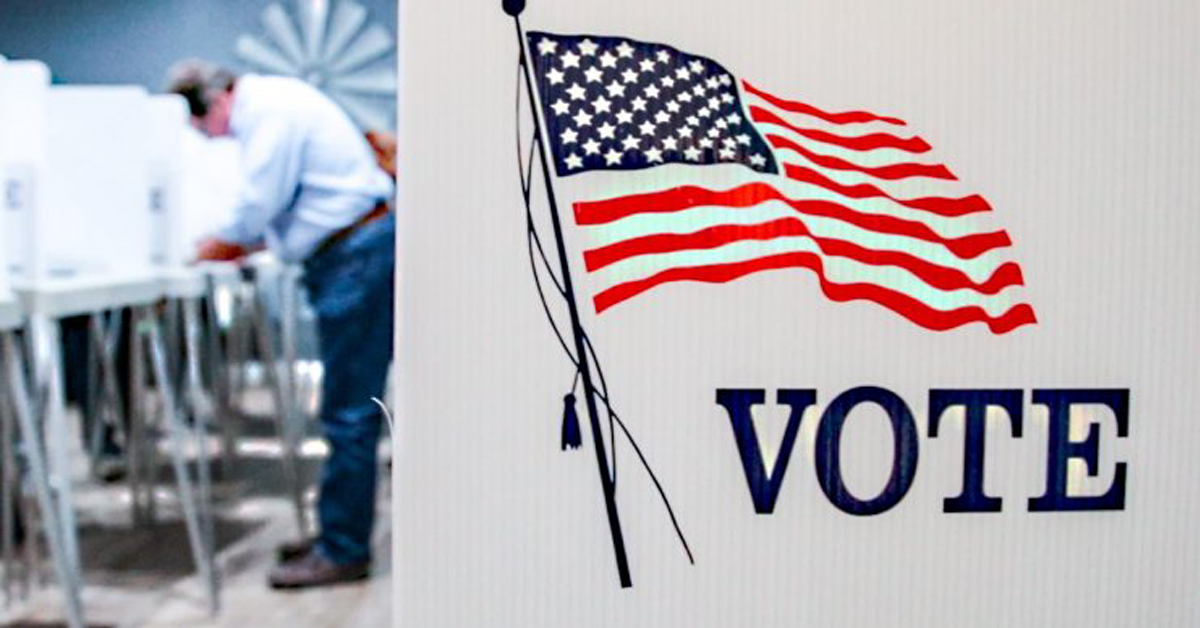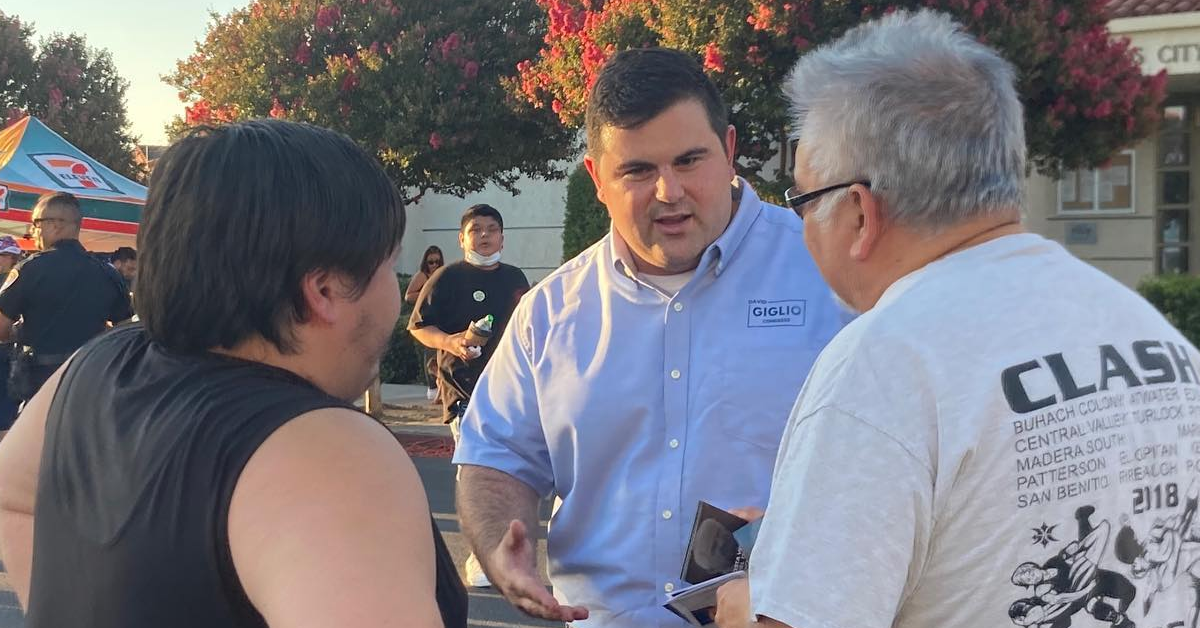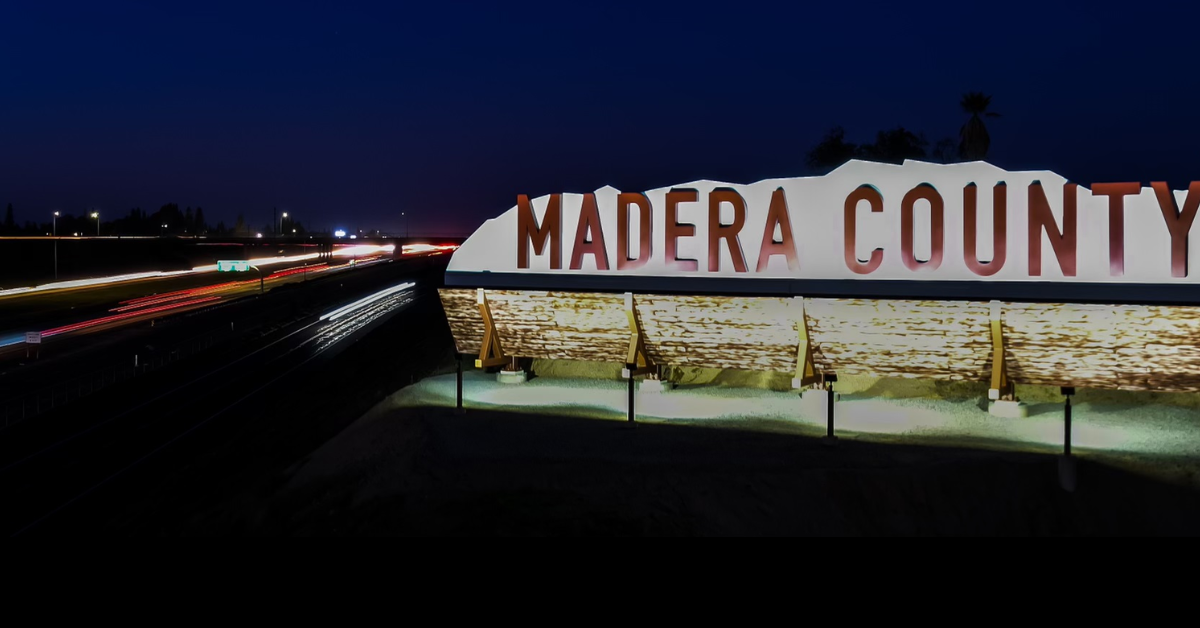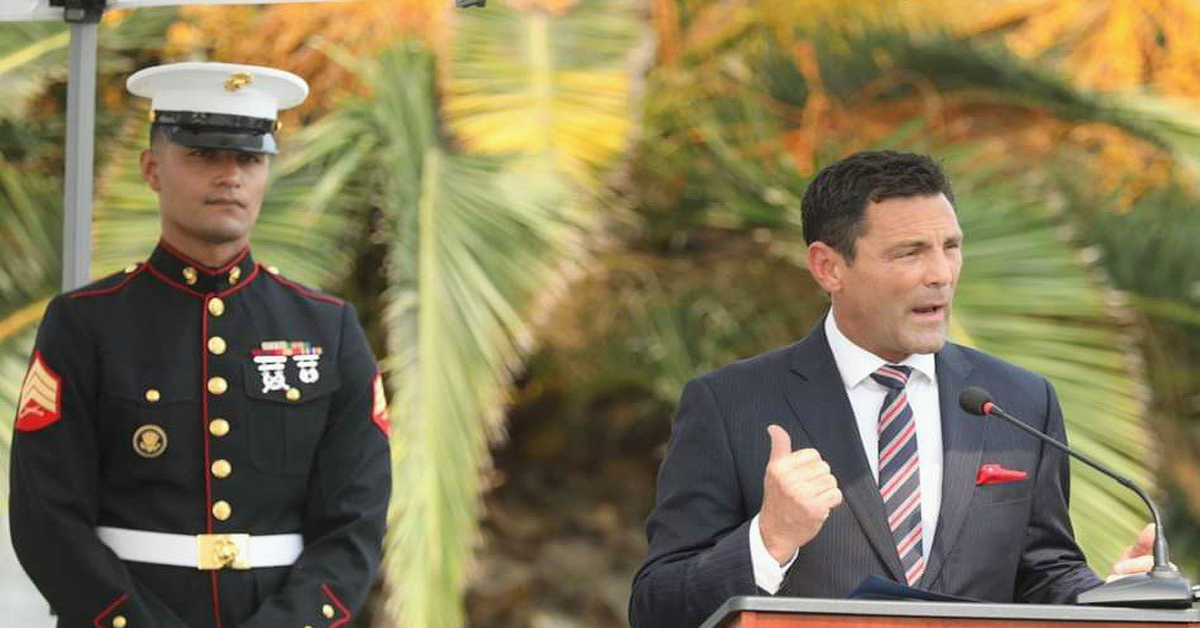A campaign finance law that severely restricts donations that local elected officials can receive while voting on projects or permits is on track to be upheld in court.
Sacramento Superior Court Judge Richard Sueyoshi issued a tentative ruling on Thursday affirming the law, Senate Bill 1439, and denying all motions brought forth by a business coalition in opposition.
Driving the news: SB 1439 amends the Political Reform Act of 1974, a ballot measure that prohibits an officer or agency from accepting more than $250 from a party that has a permit or license up for a decision in front of that agency for three months before and after a final decision is made.
- The 2022 bill removes the exception for local government agencies and extends the cooling-off period contribution prohibition to one year before and after a decision is made.
- Functionally, the new law means local public officials on City Councils and Boards of Supervisors would be barred from voting on a project, permit or license if they received over $250 from the requesting party.
- The law has some key carve-outs for contractors to the agency who have earned their contracts through a competitive bid process and labor unions.
The backstory: SB 1439 was introduced by Sen. Steve Glazer (D–Contra Costa) and signed into law by Gov. Gavin Newsom last year, taking effect in January.
- But in February a business coalition – including the Family Business Association of California, the California Restaurant Association, the California Retailers Association and the California Building Industry Association – filed a lawsuit claiming the law was unconstitutional because it amends a ballot measure by directly conflicting with the original provisions of the initiative.
- Plaintiffs also argued that the law violates the First Amendment by restricting campaign contributions to local public officials.
What they’re saying: After the tentative ruling was released, Glazer celebrated the decision as a way to prevent pay-to-play in local governments.
- “It’s a strike against the power of wealthy financial interests who are corrupting governmental decisions,” Glazer said. “We know that public trust is greatly enhanced when decision makers maintain their independence from these corrupting influences. So it seems to be a homerun ruling for those who want to end pay-to-play practice in our local governments.”
- California Fair Political Practices Commission Chair RIchard Miadich said the state is poised to have the regulations in place by next month.










